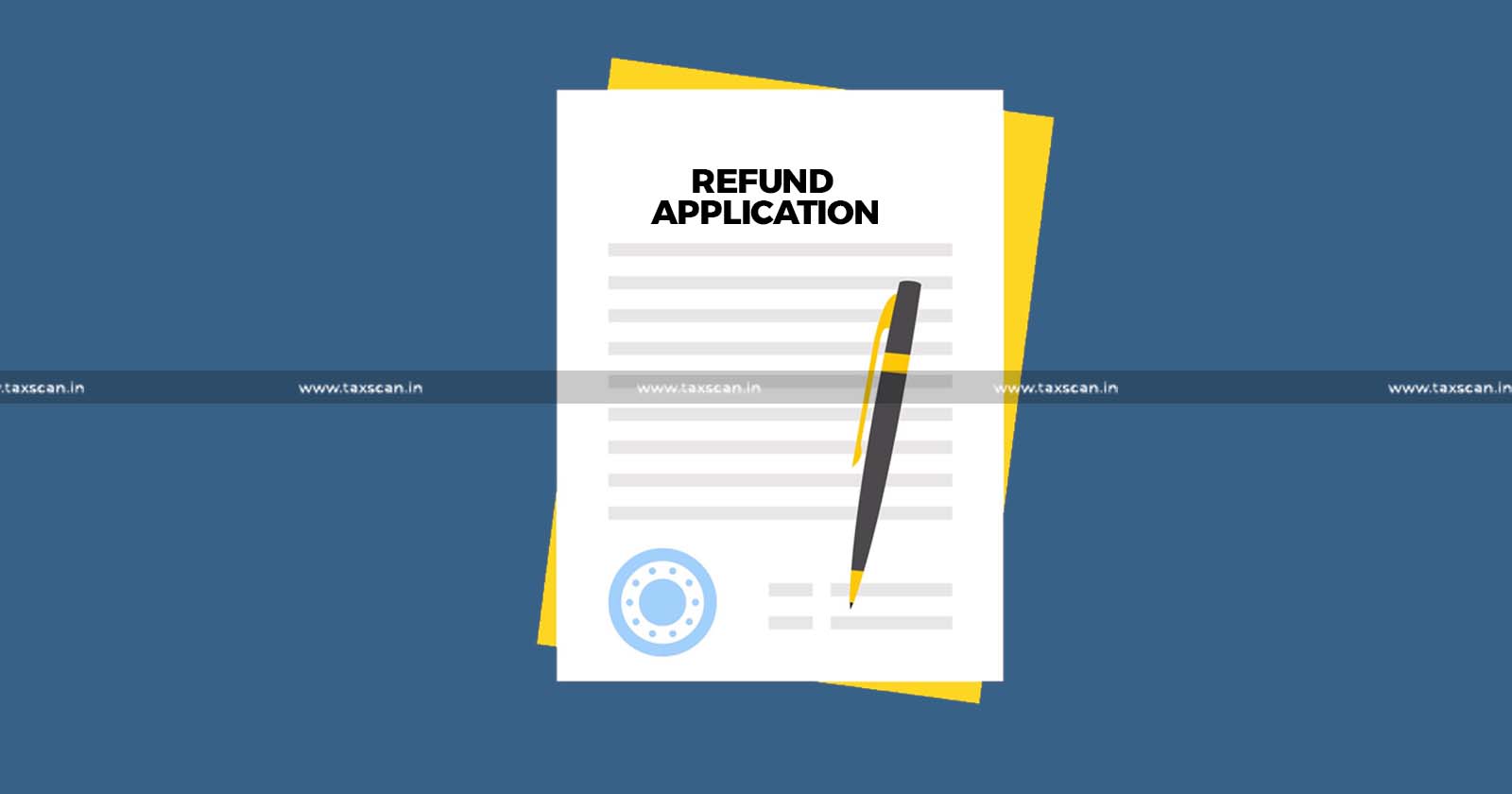Fault Lies with Auditor, Not Assessee or GST Dept: Madras HC Quashes Ex Parte Order Passed for Non-Reply [Read Order]
The court viewed that the fault is neither on the side of the petitioner nor on the part of the respondent and actually, the fault lies only on the part of the Auditor, who had led the situation more worse for the petitioner, for having engaged him
![Fault Lies with Auditor, Not Assessee or GST Dept: Madras HC Quashes Ex Parte Order Passed for Non-Reply [Read Order] Fault Lies with Auditor, Not Assessee or GST Dept: Madras HC Quashes Ex Parte Order Passed for Non-Reply [Read Order]](https://images.taxscan.in/h-upload/2025/08/27/2081056-gst-dept-madras-hc-ex-parte-order-fault-lies-with-auditor-taxscan.webp)
The Madras High Court quashed an ex parte assessment order passed under the Goods and Services Tax ( GST ) Act for non-filing of a reply, holding that the fault lay with the auditor engaged for compliance rather than with the assessee.
The petitioner, M/s Siva Cotton, represented by its proprietor Shivashanmugam, challenged the order of the State Tax Officer, dated 03.02.2025, contending that the order was passed without properly considering its request for time to file a reply.
The petitioner argued that while a formal reply dated 03.01.2025 had been filed seeking 15 days’ time to submit documents, the assessing authority went ahead and confirmed the proposals in the show cause notice, culminating in an adverse order.
The counsel for the petitioner submitted that the non-filing of a detailed reply was not due to any negligence on the part of the assessee, but because the auditor handling GST compliances failed to submit the reply on time. The lapse resulted not only in an ex parte order but also in the dismissal of the statutory appeal as time-barred, after a delay of 36 days.
Understanding Common Mode of Tax Evasion with Practical Scenarios, Click Here
 Also Read:IGST Refund Pleas Dismissed: Madras HC holds Debit from ECRL is Mandatory Requirement while Filing Refund Application [Read Order]
Also Read:IGST Refund Pleas Dismissed: Madras HC holds Debit from ECRL is Mandatory Requirement while Filing Refund Application [Read Order]
The petitioner pointed out that they came to know of the order only upon attachment of their bank account, whereafter they immediately made a 10% statutory pre-deposit and filed an appeal.
On the other hand, the State defended the assessment order, contending that multiple opportunities for personal hearing were afforded, including notices dated 02.12.2024 and 08.01.2025. Despite being granted time until 24.01.2025 to file a reply, the petitioner failed to appear or submit documents, leaving the officer with no option but to finalise the assessment.
Justice Krishnan Ramasamy, however, noted that while the respondent had indeed provided opportunities, the circumstances revealed that the lapse primarily occurred due to the auditor’s failure to comply with statutory requirements.
The Court observed that “Therefore, this Court is of the view that the fault is neither on the side of the petitioner nor on the part of the respondent and actually, the fault lies only on the part of the Auditor, whom the petitioner has engaged for GST compliances, who had led the situation more worse for the petitioner, for having engaged him. Therefore, under these circumstances, even if the petitioner is permitted to avail the Appellate remedy by relegating them to the Appellate Authority, in the absence of any reply filed by the petitioner, this Court don't think that the petitioner would be able to defend their case before the Appellate Authority.”
The bench set aside the impugned assessment order and remanded the matter back to the State Tax Officer for fresh consideration. However, this relief was conditional. The petitioner was directed to deposit an additional 15% of the disputed tax within two weeks, apart from the 10% already paid.
Support our journalism by subscribing to Taxscan premium. Follow us on Telegram for quick updates


